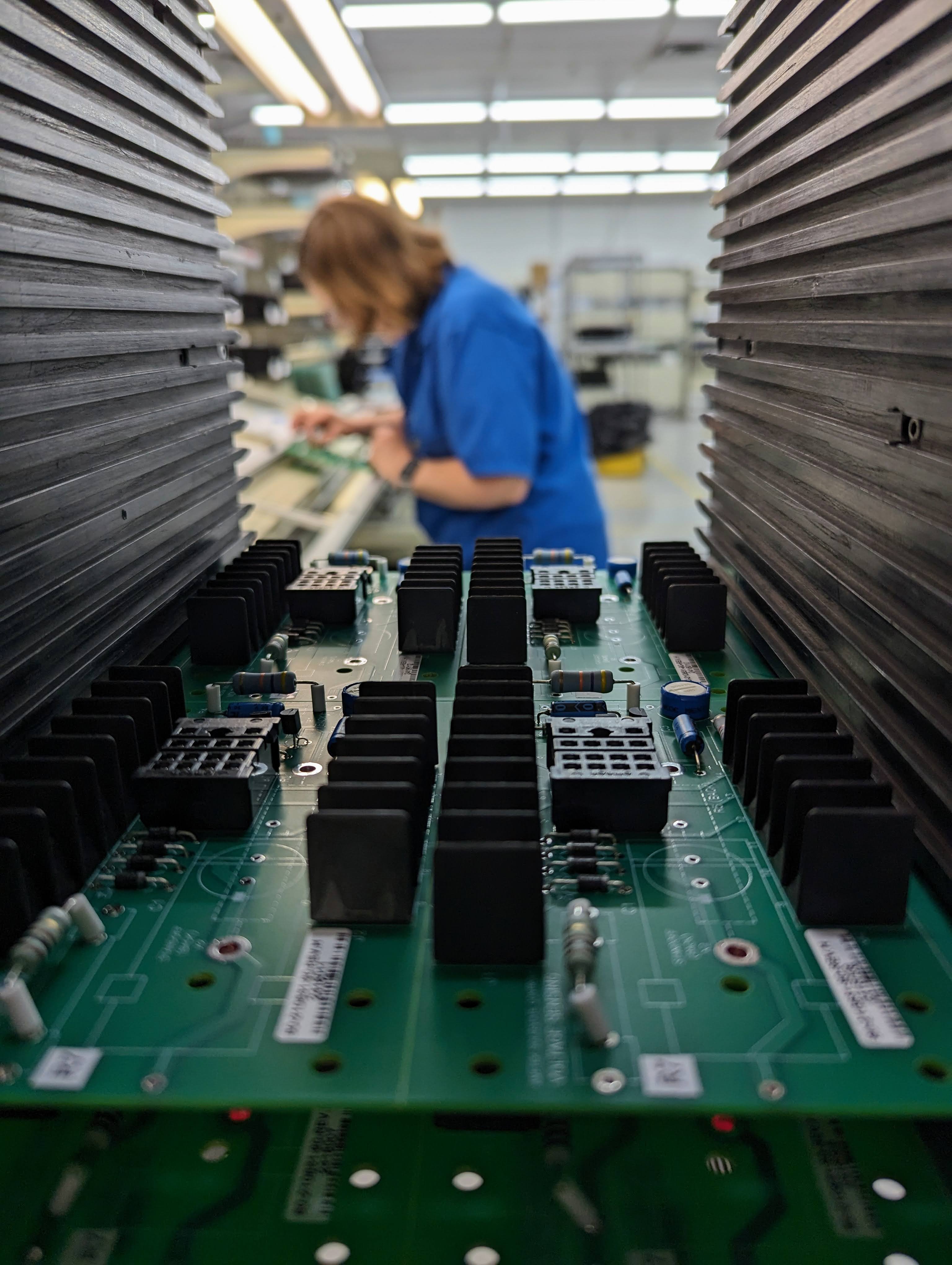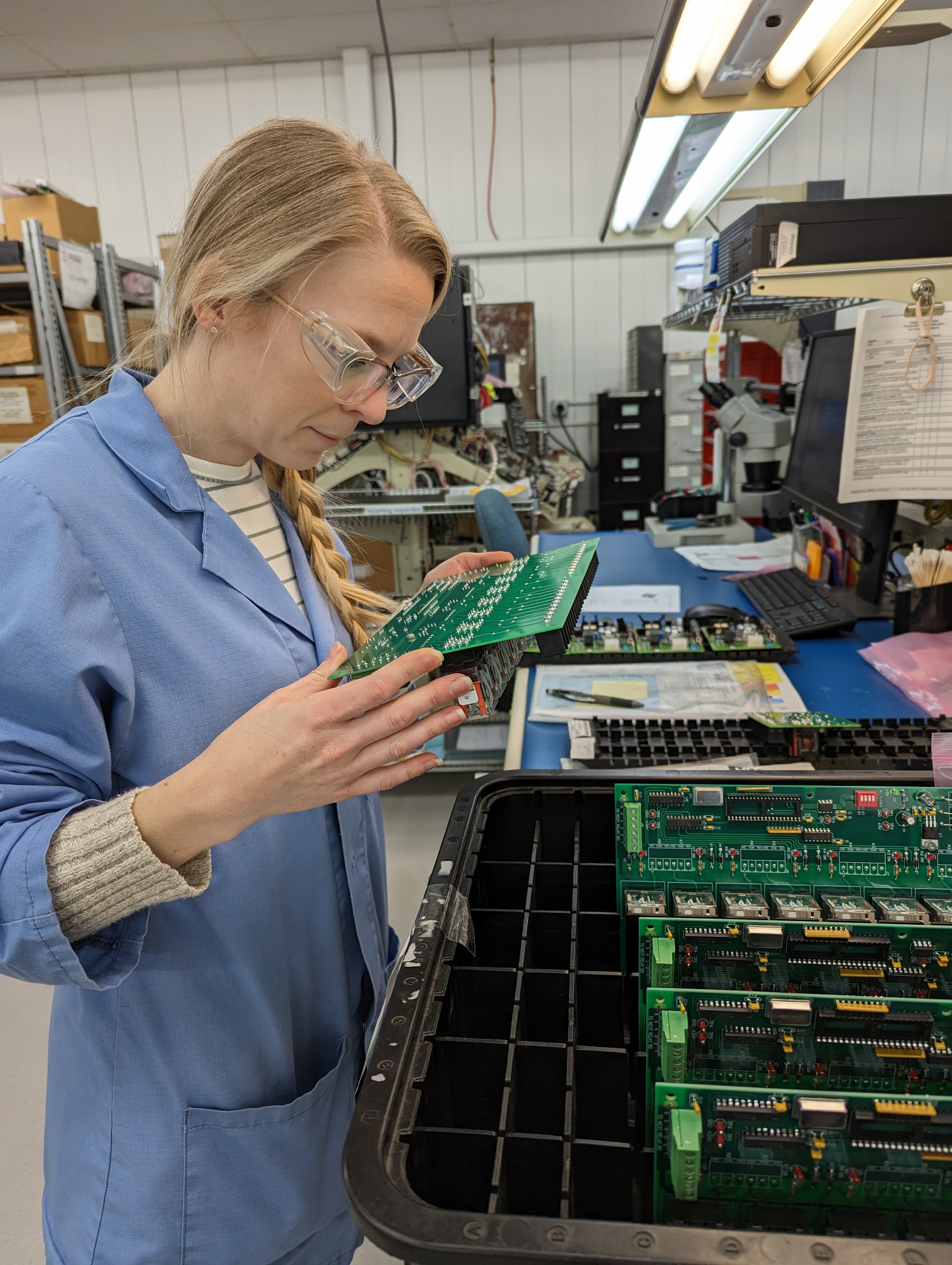Streamlining Production
In today's fast-paced business environment, efficiency and quality are paramount. One effective strategy to achieve these goals is by leveraging turnkey assembly services. By outsourcing non-core functions like assembly, businesses can focus on their core competencies, reduce costs, and improve overall productivity.
This blog will explores streamlining production and the advantages of turnkey assembly services and RBB's core value of "Always Better" and our unwavering commitment to providing maximum customer benefits.
At RBB, we constantly assess our manufacturing processes and seek ways to enhance each task's efficiency.

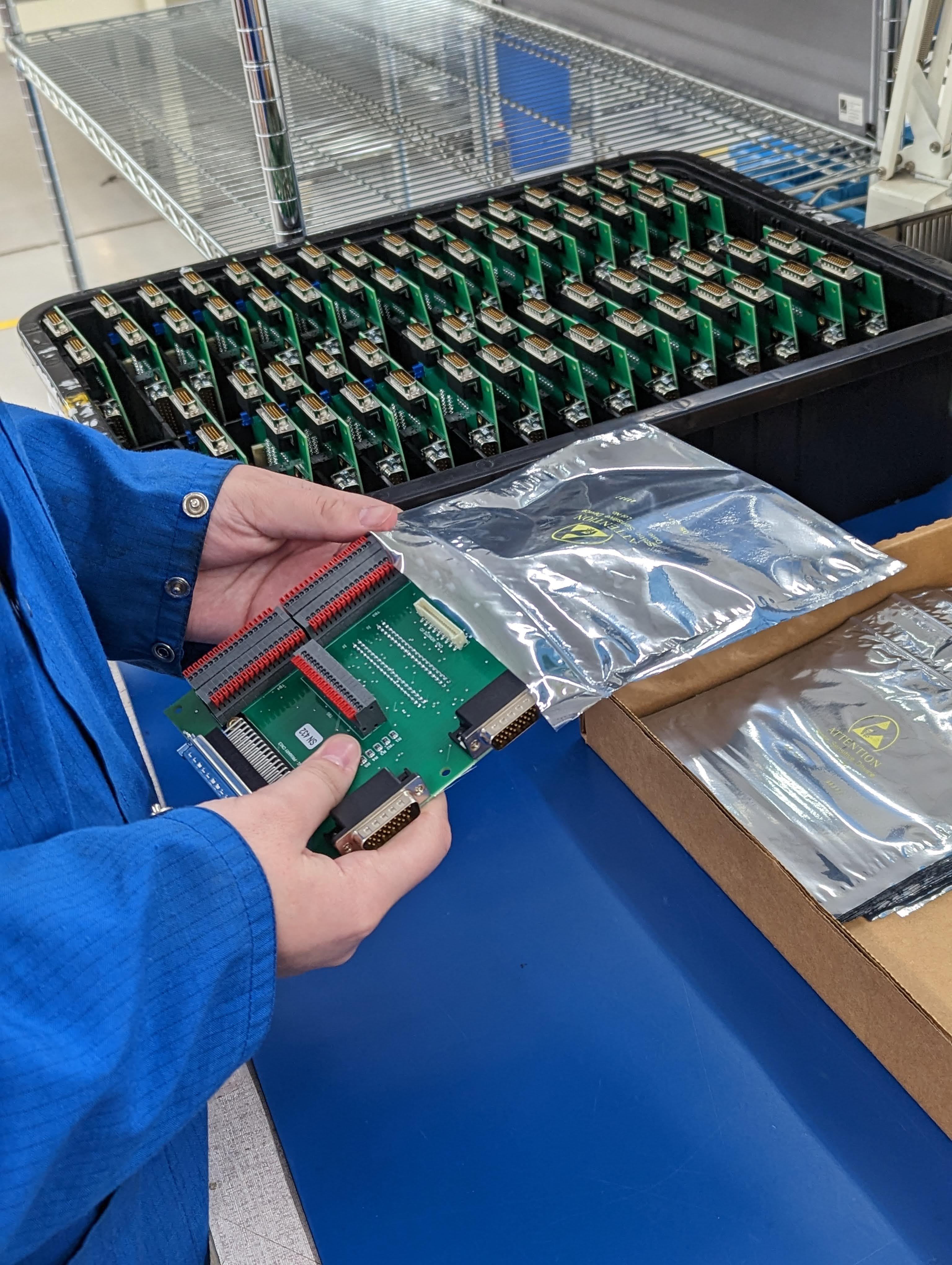
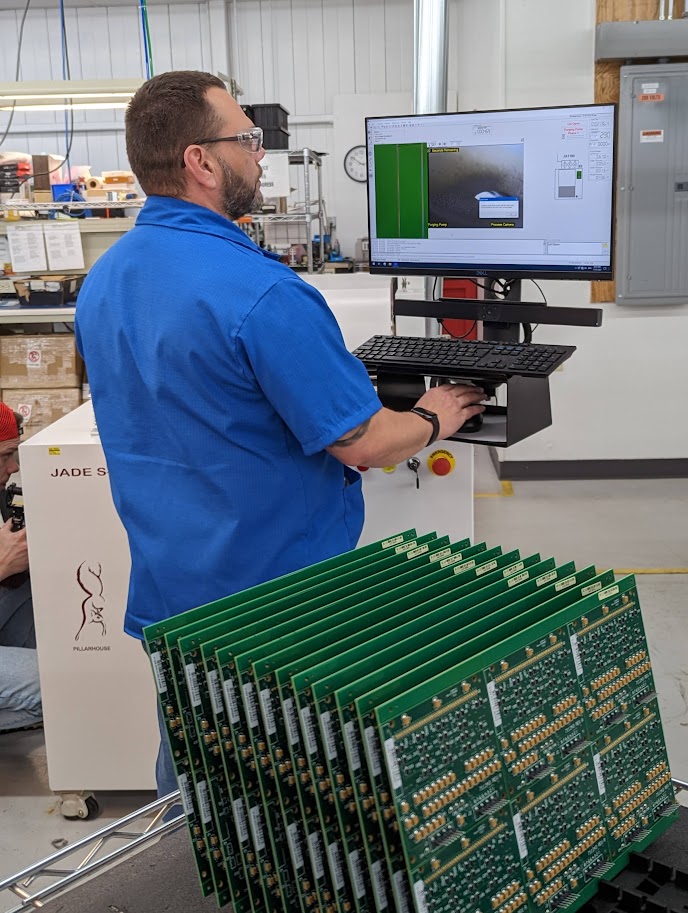
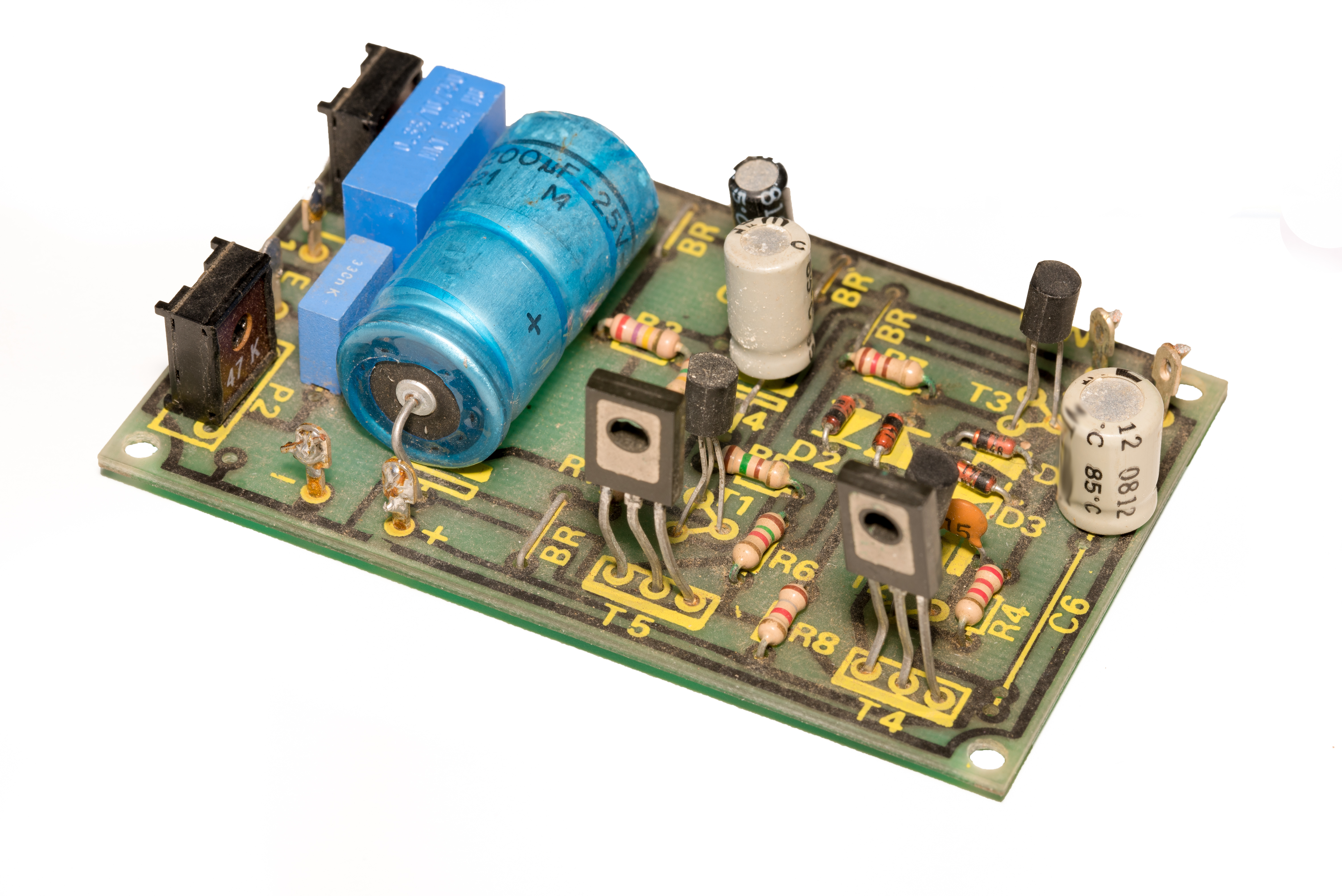
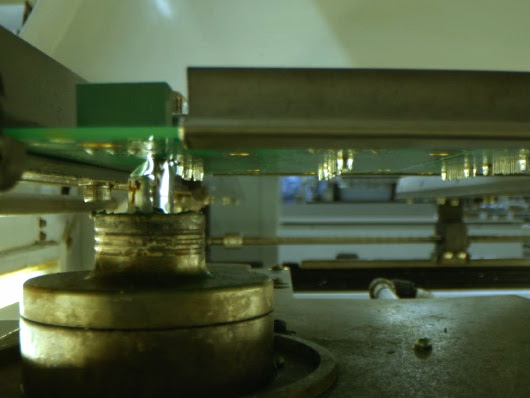
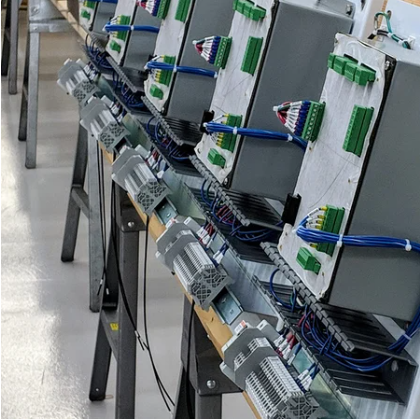
.jpg)
.jpg)
